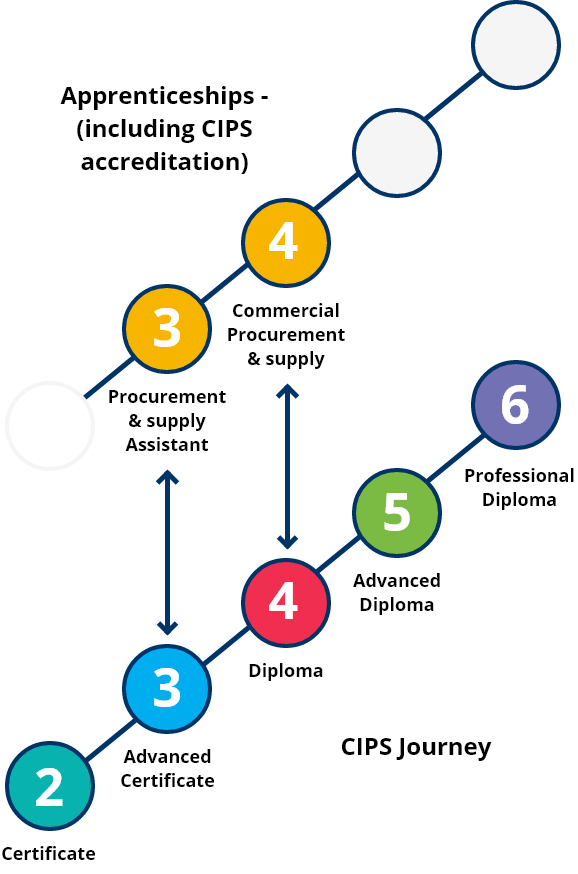Looking to study CIPS for the first time? Not sure where to start? There are many CIPS qualifications available for various individuals with different levels of experience. In this week’s article, we look at the CIPS levels available and advise which level may be an appropriate entry point for those wanting to study CIPS.

There are five CIPS levels overall:
CIPS Level 2: Certificate in Procurement and Supply
CIPS Level 3: Advanced Certificate in Procurement and Supply Operations
CIPS Level 4: Diploma in Procurement and Supply
CIPS Level 5: Advanced Diploma in Procurement and Supply
CIPS Level 6: Professional Diploma in Procurement and Supply
Out of these five levels, there are three entry points. Depending upon experience, you may enter your CIPS learning at either Level 2 (Certificate), Level 3 (Advanced Certificate) or Level 4 (Diploma).
CIPS Level 2 Certificate in Procurement and Supply
CIPS Level 2 is the first of our three entry level qualifications. This course is ideal for those just starting out in their career with no prior business experience. Whilst many training providers do not offer this level due to low demand, we like to cater for every need at Aspire. Candidates studying CIPS Level 2 will gain a clear understanding of facts, procedures and ideas related to procurement and supply. Check out the syllabus here.
CIPS Level 3 Advanced Certificate in Procurement and Supply
This advanced certificate in procurement and supply equips students with the knowledge to comprehend demand management, coordinate supply logistics, and implement new contracts. It is designed for individuals relatively new to the procurement field or seeking to transition into it with prior experience in a relevant commercial role. For more information about the learning syllabus, please click here.

CIPS Level 4 Diploma in Procurement and Supply
The CIPS Level 4 Diploma in Procurement and Supply represents the highest entry point in the CIPS program. It is ideal for those who have held operational or managerial procurement positions for at least two years. However, university graduates new to the procurement industry can also enter at this level. Before progressing to CIPS Level 5, candidates must successfully complete the Diploma in Procurement and Supply (CIPS Level 4). Full module descriptions for CIPS Level 4 can be viewed here.
CIPS Level 5 Advanced Diploma in Procurement and Supply
Building on the practical knowledge and understanding gained at CIPS Level 4, students acquire a higher level of practical, theoretical, and technical knowledge in procurement and supply. They learn how to manage key aspects of risk in supply chains and mitigate those risks, as well as process and evaluate contracts, considering the legal implications when contracts are breached.
CIPS Level 6 Professional Diploma in Procurement and Supply
Once you have achieved your CIPS Level 4 and 5, your CIPS Level 6 Professional Diploma will be one of the final steps to becoming MCIPS qualified. Member of the Chartered Institute of Procurement and Supply (MCIPS) is one of the most prestigious qualifications a procurement professional can achieve.
The CIPS Level 6 is targeted at building strategic direction and advice, in areas such as change management, stakeholder management and team leadership. To achieve the MCIPS certification, students must also complete over 30 hours CPD and a CIPS Ethics Certificate. See CIPS website for more details on this journey.
At Aspire Procurement Training, we understand that students have commitments inside and outside of work which is why we offer a variety of study methods to choose from. Procurement and supply chain apprenticeships are now available to employees wanting to improve their skills and knowledge to enhance their career. The following apprenticeships are quite unique, in that they include CIPS accreditation:
Procurement and supply assistant (Level 3)
Commercial Procurement and Supply (Level 4)
Professional Diploma in Procurement and Supply (Level 6) – Coming soon!
Not sure which CIPS study method would be best for you? Click here for more information or book a call with one of our advisors.
